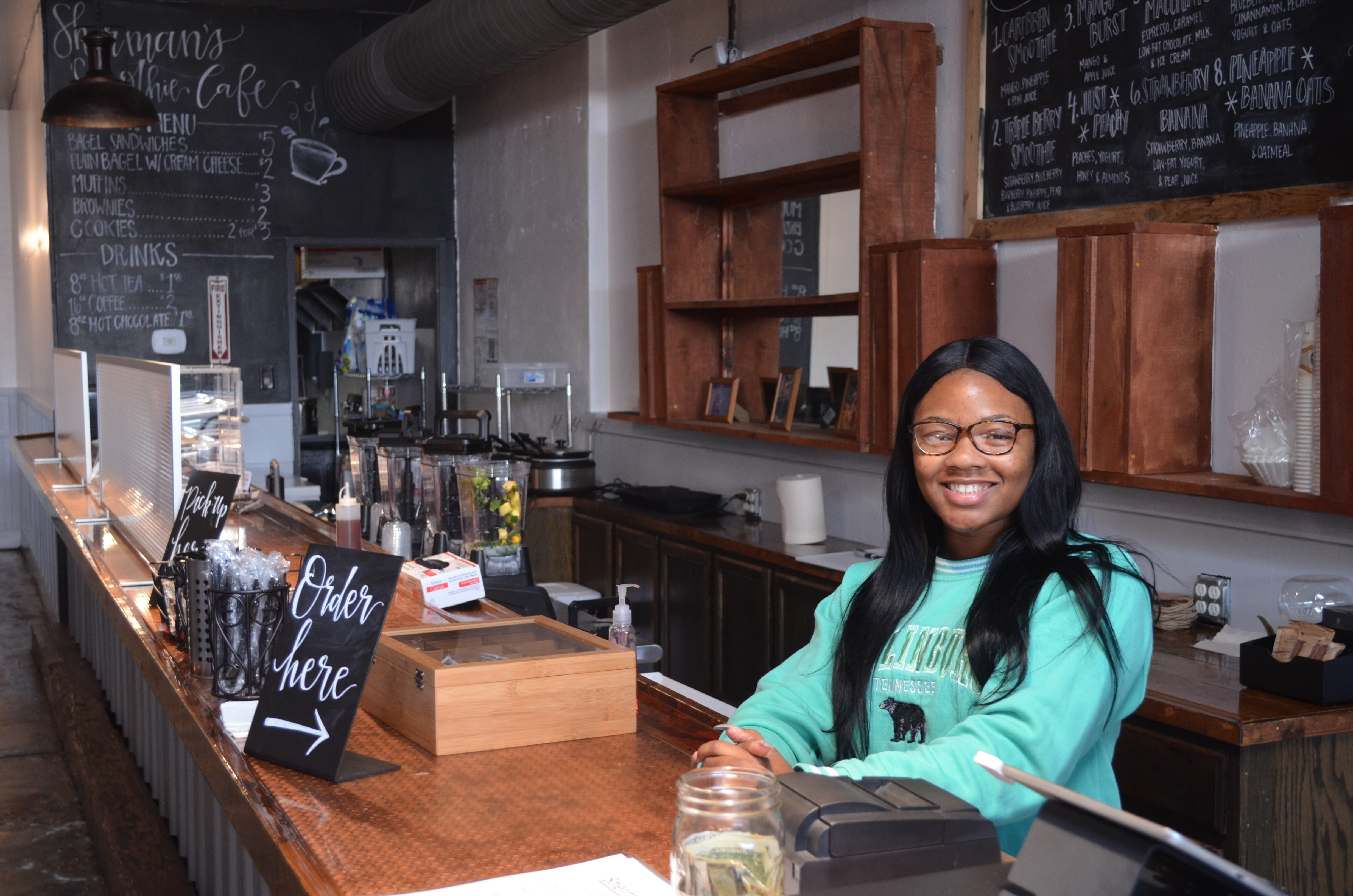Honey bees’ extinction might not be local issue
Published 10:10 pm Thursday, April 15, 2010
Like so many of his counterparts, local honeybee keeper Al Liepens has been mysteriously losing some of the producers of his honey crop in recent years.
While scientists have pointed the finger at multiple causes such as parasites, poor nutrition and pesticides, Liepens can’t pinpoint why his bees sometimes struggle to live.
“The survival rate of the bee’s has dropped recently,” Liepens said.
He attributed at least some problems to mites and small hive beetles but said that other occurrences were harder to explain.
“Sometimes they die for no reason it seems like,” Liepens said.
And sometimes they just turn up missing.
“Last year, the queens of my hives just disappeared.”
Researchers brought attention to what they call “colony collapse disorder” (CCD) in 2006, in which adult bees seemed to abandon their colonies, fly away and eventually die.
But Liepens, who is the president of the Southeast Alabama Beekeeping Club said that this does not to seem to be the phenomenon in his case.
“I don’t think it was CCD because just my queens were coming up missing,” he explained. And there weren’t any other obvious observable patterns that could explain the disappearances.
Liepens said state inspectors told him that others were having problems as well but some beekeepers were having their best year ever.
After an ideal winter, and with no runaway queens so far this year however, Liepens is now hoping to fare better.
“I’m hoping for a good year this year with all the rain we’ve had,” he said.
That would be good news for consumers in the county with a sweet tooth or allergy issues.
Doctors say one way of fighting allergies is to consume honey made in the area you live in order to develop immunity to local pollen. Eating Liepens’ raw honey is a sure way to get a dose of Pike County pollen.
“The bees visit pretty much everything,” he said.
Liepens is a carpenter and retired firefighter who says beekeeping is “really just a hobby.” The next harvest of his pastime will be available in July when he “robs the bees.”
Anyone interested in the Southeast Alabama Beekeeping Club is encouraged to call Liepens at (334) 372-7814.





